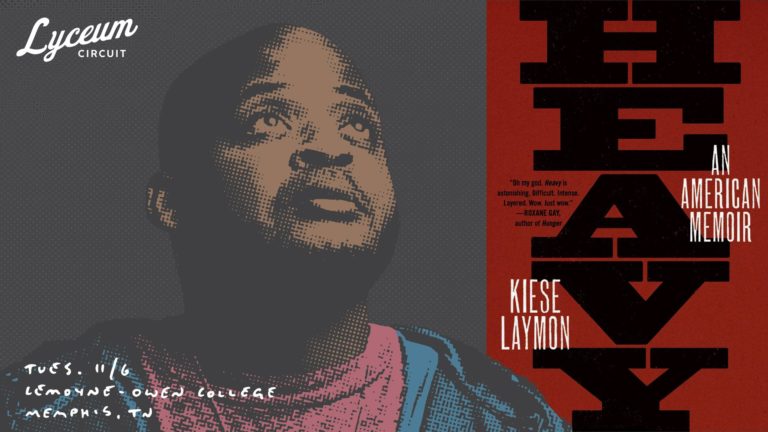

“ knew that all over my neighborhood,” Laymon writes, “boys were trained to harm girls in ways girls could never harm boys, straight kids were trained to harm queer kids in ways queer kids could never harm straight kids, men were trained to harm women in ways women could never harm men, parents were trained to harm children in ways children could never harm parents, babysitters were trained to harm kids in ways kids could never harm babysitters. She’s a complex figure, and we see her grow alongside her son, coping with many hardships and doing what she can to protect him from a hostile world. His mother was an underpaid academic who worked her way through graduate school and into a professorship while Laymon was a child growing up in Jackson. Laymon grew up in a home full of privations. But it is also about white power, which makes Heavy, ultimately, a chronicle of violence and powerlessness.


Throughout his memoir, he wants to let his friends and family have a say: They and the author grow up before our eyes-from his mother’s house in Jackson, Mississippi, to Oberlin College in Ohio, to Vassar in Poughkeepsie, New York, and then back down to Mississippi-in worlds that are as loving as they are cruel. It’s a story of broken people who mend themselves imprecisely and improvisationally, and it’s also a story of Southern blackness and Southern black folk, a group of people who have been seen more often than heard-a fact that Laymon hopes to correct in Heavy. It’s about what the body can bear and the cost of bearing it. Heavy is about shame, rage, guilt, self-hatred, and sexual violence. Which is fitting, because it feels as though most of the book’s pivotal events happen beneath its surface.


 0 kommentar(er)
0 kommentar(er)
